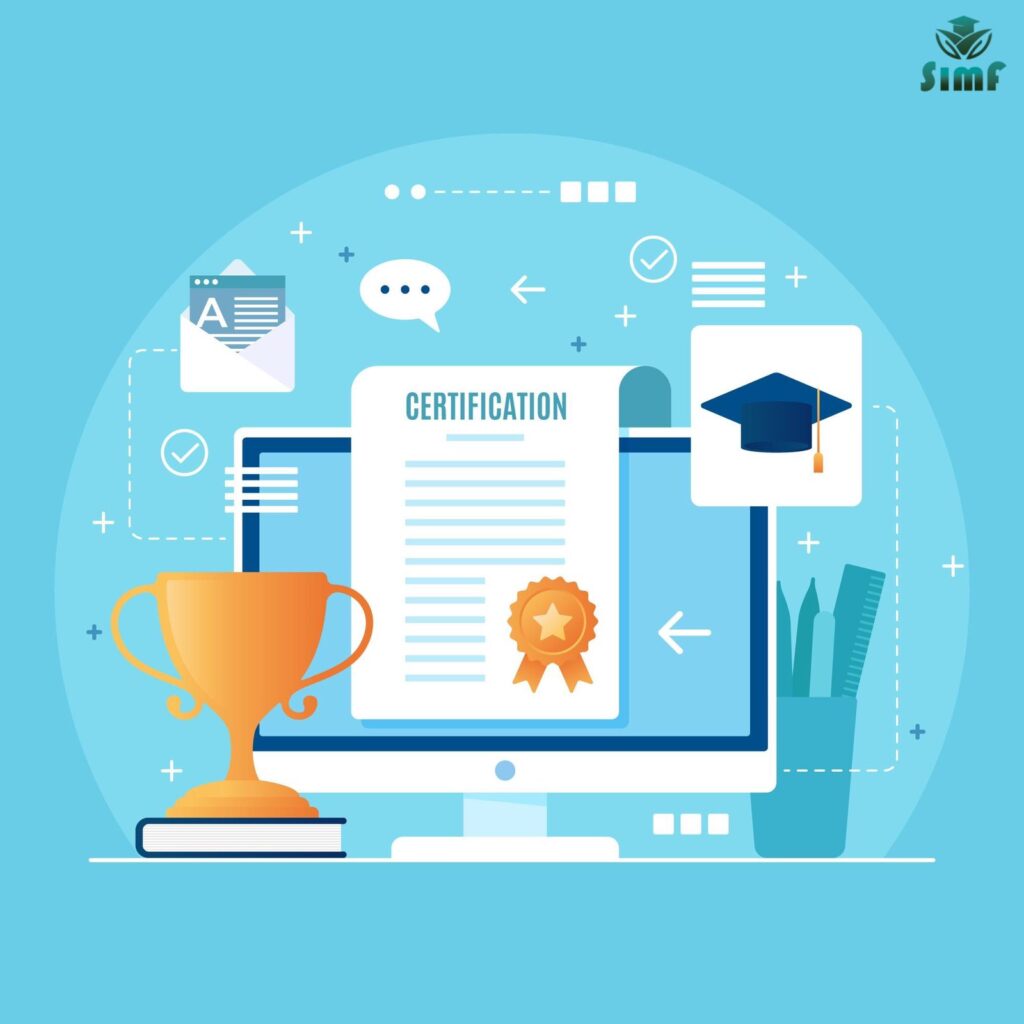In today’s fast-paced world, access to education is paramount for personal growth and professional success. However, for many individuals, financial constraints often hinder their ability to pursue higher education or acquire new skills. Fortunately, the emergence of free education with certification programs has opened up unprecedented opportunities, offering a pathway to empowerment and transformation. Let’s delve deeper into how these initiatives are revolutionizing lives around the globe.

However, traditional educational institutions often pose significant barriers to access, including prohibitive costs, geographical limitations, and rigid schedules. As a result, millions of individuals worldwide are unable to pursue higher education or acquire new skills necessary for success in today’s competitive landscape.
Breaking Down Financial Barriers:
Traditional education can be prohibitively expensive, with tuition fees, textbooks, and other expenses often placing a heavy burden on students. Free education with certification eliminates this financial barrier, allowing individuals to access high-quality learning materials and courses without incurring substantial costs. This democratization of education ensures that no one is left behind due to their economic circumstances, enabling individuals from all walks of life to pursue their educational aspirations.
Empowering the Underserved:
In many regions, access to education is limited by geographical constraints, lack of infrastructure, or socio-economic disparities. Free education with certification transcends these barriers by providing online platforms where individuals can access educational resources from anywhere in the world.
This empowerment is particularly significant for marginalized communities, including those in rural areas or developing countries, who may not have had access to formal education previously. By offering opportunities for skill development and knowledge acquisition, these programs empower individuals to improve their livelihoods and break the cycle of poverty.
Fostering Lifelong Learning:
The journey of education does not end with a degree but continues throughout life. Free education with certification encourages a culture of lifelong learning by offering a diverse range of courses and learning pathways. From technical skills in programming and digital marketing to personal development and language courses, individuals have the flexibility to pursue their interests and expand their knowledge base. This commitment to continuous learning not only enhances personal growth but also equips individuals with the agility to adapt to evolving industries and technological advancements.
Unlocking Economic Opportunities:
Education is a powerful catalyst for socio-economic advancement, opening doors to better employment opportunities and higher earning potential. Free certification programs equip individuals with relevant skills and credentials that are valued in the job market, thereby enhancing their employability and career prospects. Whether seeking to enter a new field, advance within their current profession, or start their own business, individuals can leverage these certifications to unlock economic opportunities and secure a brighter future for themselves and their families.
Building Confidence and Self-Esteem:
For many individuals, especially those who have faced educational barriers or setbacks in the past, obtaining a certification can be a transformative experience. It validates their knowledge and skills, instilling a sense of confidence and self-worth. This newfound confidence not only enhances their professional capabilities but also permeates other aspects of their lives, empowering them to pursue their goals with renewed vigor and determination.
Creating a More Equitable Society:
At its core, free education with certification embodies the principles of equity and inclusivity. By ensuring that education is accessible to all, regardless of background or circumstance, these initiatives contribute to the creation of a more equitable society. They dismantle systemic barriers and promote social mobility, allowing individuals to realize their full potential and contribute meaningfully to their communities. Moreover, by fostering a culture of lifelong learning and skill development, these programs foster innovation, creativity, and collaboration, driving societal progress and prosperity.

Benefits
Cost Savings:
By eliminating tuition fees and reducing other associated costs such as transportation and accommodation, free education with certification allows individuals to acquire valuable skills and knowledge without incurring significant financial burdens.
Accessibility:
These programs are accessible to anyone with an internet connection, making education available to individuals who may not have had access to traditional educational institutions due to geographical, financial, or other barriers.
Flexibility:
Free education with certification offers flexible learning schedules, allowing individuals to study at their own pace and balance their education with other responsibilities such as work or family commitments.
Skill Development:
Participants gain practical skills and knowledge that are relevant to current job market demands, increasing their employability and career advancement opportunities.
Credentialing:
Certifications obtained through these programs serve as tangible evidence of skills and competencies, enhancing individuals’ credibility and attractiveness to employers.
Career Advancement:
With the acquisition of new skills and certifications, individuals can pursue career advancement opportunities, including promotions, salary increases, and access to higher-level positions.
Personal Growth:
Free education with certification fosters personal growth and development by encouraging individuals to explore new subjects, challenge themselves intellectually, and expand their horizons.
Community Building:
Online learning platforms and forums facilitate collaboration, networking, and knowledge-sharing among participants, creating a sense of community and mutual support.
Global Reach:
These programs have a global reach, connecting learners from diverse backgrounds and cultures and promoting cross-cultural understanding and collaboration.
Social Impact:
By empowering individuals with education and skills, free education with certification contributes to poverty alleviation, economic development, and social mobility, ultimately creating a more equitable and prosperous society.
Overall, free education with certification offers a wide range of benefits that extend beyond individual learners to society as a whole, making it a powerful tool for positive change and advancement.
Examples
Maria’s Career Advancement:
Maria, a single mother working in retail, dreams of pursuing a career in digital marketing but lacks the funds for formal education. Discovering a free online course on digital marketing with certification, she dedicates her evenings to studying. Upon completing the course and obtaining certification, Maria lands a job at a marketing agency, doubling her income and securing a brighter future for her family.
Ahmed’s Entrepreneurial Journey:
Ahmed, a recent college graduate with a passion for sustainable agriculture, wants to start his own organic farm but lacks business acumen. He enrolls in a free entrepreneurship course tailored to agriculture, learning about business planning, marketing, and financial management. Armed with certification and newfound knowledge, Ahmed secures funding, launches his farm, and becomes a successful entrepreneur, contributing to local food security and environmental sustainability.
Lila’s Lifelong Learning Pursuit:
Lila, a retired teacher, has always been curious about astronomy but never had the opportunity to study it formally. Upon discovering free online courses on astronomy and space exploration, she embarks on a journey of lifelong learning. With each course completed and certification earned, Lila’s passion for astronomy grows, leading her to volunteer at a local observatory, where she inspires young minds and discovers a newfound sense of purpose in retirement.
Raj’s Social Impact Initiative:
Raj, a software engineer, witnesses firsthand the digital divide in his community, where underprivileged children lack access to quality education. Determined to make a difference, Raj creates a free coding bootcamp for disadvantaged youth, offering comprehensive training and certification in programming languages. As graduates of his bootcamp secure high-paying tech jobs, Raj’s initiative not only transforms individual lives but also narrows the education gap and fosters socioeconomic inclusion in his community.
Elena’s Global Collaboration:
Elena, an aspiring environmental scientist from a rural village, dreams of conducting research on climate change but lacks access to advanced educational resources. Through a free online course on environmental science with certification, she connects with like-minded individuals from around the world and collaborates on research projects. With certification validating her expertise, Elena earns a scholarship to pursue higher education abroad, where she contributes to groundbreaking research and advocates for environmental conservation on a global scale.
These examples demonstrate the transformative power of free education with certification in empowering individuals to pursue their passions, achieve their goals, and make meaningful contributions to society.
Conclusion:
In conclusion, the impact of free education with certification extends far beyond the acquisition of knowledge or skills—it has the power to transform lives and uplift communities. As we continue to harness the potential of education as a force for positive change, let us remain committed to ensuring that everyone has the opportunity to thrive and succeed, irrespective of their circumstances.
Free education with certification is not merely a means of acquiring knowledge; it is a transformative force that empowers individuals, enriches communities, and fuels socioeconomic progress. By prioritizing accessibility, skill enhancement, lifelong learning, entrepreneurship, and social impact, this model holds the potential to unlock opportunities and unleash human potential on a global scale. As we champion the democratization of education, let us continue to support initiatives that strive to make learning more accessible, inclusive, and impactful for all.

